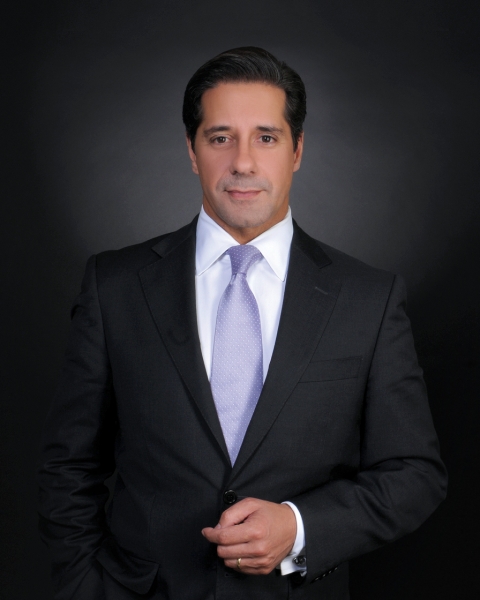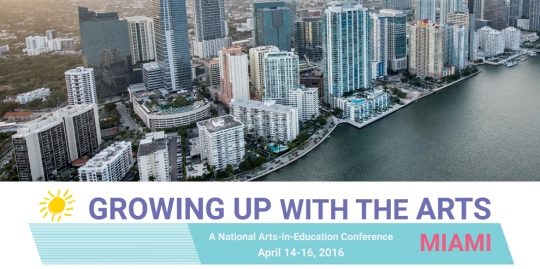Young Audiences Arts for Learning was pleased to welcome Alberto Carvalho, superintendent of Miami-Dade County Public Schools (M-DCPS) as one of our key speakers for Growing up with the Arts. Mr. Carvalho has served as the superintendent of the M-DCPS District since September 2008. He is a nationally recognized and critically acclaimed expert on education transformation and finance who has elevated his district’s academic profile and streamlined its business operations and financial systems. Under Carvalho’s leadership, M-DCPS has grown into one of the nation’s highest performing urban school systems and has received numerous accolades and awards for its success, including the 2014 College Board Advanced Placement Equity and Excellence District of the Year. Mr. Carvalho himself has also received many awards for his dedication to raising the level of achievement for the students in the M-DCPS district, including the 2014 National Superintendent of the Year, and the 2016 Harold W. McGraw, Jr. Prize.
Young Audiences had a chance to catch up with Mr. Carvalho and ask him a couple of questions about his success as an educator and his relationship with the arts in education as an administrator.
 Q1. Since becoming Superintendent of M-DCPS, the district has experienced a period of growth and rejunvenation, which has seen the Miami-Dade County Public School System become a model of success for other urban school systems across the country, and subsequently you have been named both Florida and National Superintendent of the Year. What do you attribute this success to?
Q1. Since becoming Superintendent of M-DCPS, the district has experienced a period of growth and rejunvenation, which has seen the Miami-Dade County Public School System become a model of success for other urban school systems across the country, and subsequently you have been named both Florida and National Superintendent of the Year. What do you attribute this success to?A1. The Miami-Dade County Public Schools (M-DCPS) turnaround involved making it a demand-driven school district. In an era of increasing educational choices and growing competition, we listened to parents to understand what they wanted for their children. Frequently, we heard that arts and music education were as important to parents as math and language arts. We responded by offering more arts programs that were important to parents and students, in grades K-12. This made a big difference, especially to those who were considering alternatives to Miami-Dade County Public Schools.
Q2. You were hired in the midst of a financial struggle in the Miami-Dade County Public School System, yet despite the usual pressures to cut “non-essential” programs, you have remained a staunch supporter of the arts, claiming that no arts would be cut in your school district. Why do you believe that the arts are essential to our students’ success and development?
A2. Data has shown us that arts education plays an important role in providing students with a well-rounded education. Students who have music, art, or theater in their daily schedules have been observed to add 30 points to SAT math scores and 50 points to SAT verbal scores. Grade point averages also increase - students with art courses can have GPAs that are 16 percent higher than students without arts and they are 20 percent more likely to graduate than students without arts education. Arts programs contribute to students' cognitive, social, and emotional development, and help them with critical thinking and problem solving. During the recession, while other school districts were forced to lay off teachers, I kept a promise not to cut art, music or physical education opportunities for our students. In addition, we partnered with arts organizations to support core subject instruction. By joining forces with some of the major venues for theater and opera, as well as art museums, we were able to offer our students a Cultural Passport that infused art experiences as part of their education.
For more information about Growing up with the Arts and our featured key speakers, visit conference.youngaudiences.org



